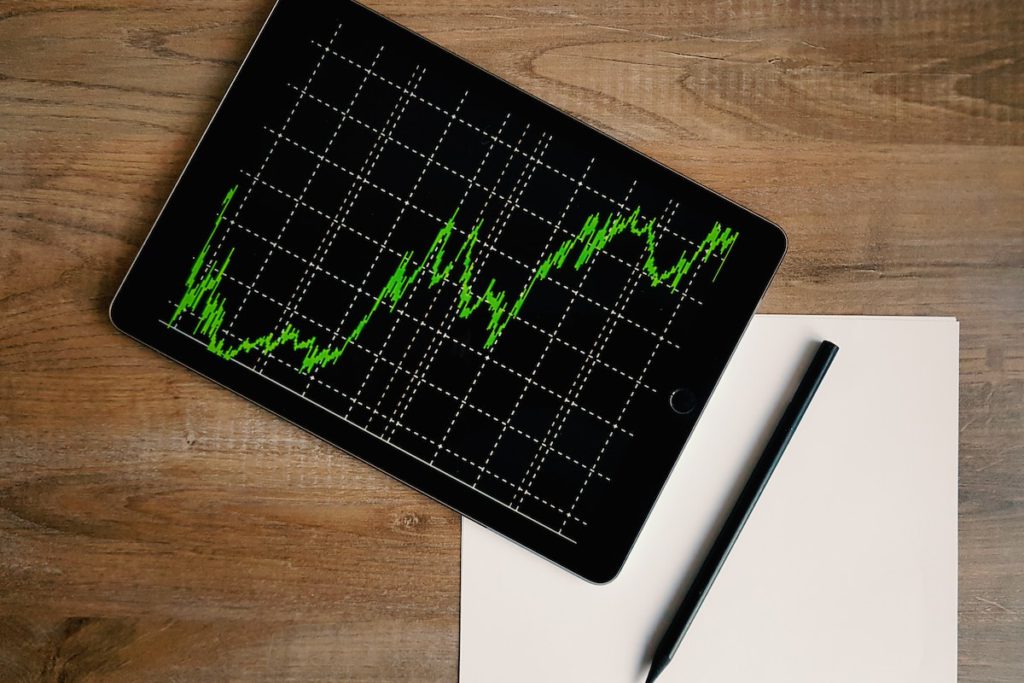CFD trading is a popular way of trading financial instruments, especially among retail investors. It is a form of derivative trading that allows traders to speculate on the price movements of assets without owning them outright. CFD trading has gained immense popularity in Australia in recent years, with many traders using it to diversify their portfolios and potentially earn profits.
In this article, we will provide a comprehensive guide to CFD trading Australia, including what it is, how it works, and some of the key things to consider before getting started.
What is CFD Trading?
CFD stands for Contracts for Difference, and it is a type of trading that allows traders to speculate on the price movements of various financial instruments such as stocks, indices, commodities, and currencies. CFD trading is essentially a contract between a buyer and a seller to exchange the difference between the opening and closing prices of an underlying asset. CFD trading in Australia is regulated by the Australian Securities and Investments Commission (ASIC), which sets out rules and regulations to protect traders from fraudulent practices.
How Does CFD Trading Work?

CFD trading involves opening a position on a financial instrument and closing it later at a different price. The difference between the opening and closing prices is the profit or loss that the trader makes. For example, if a trader opens a long position on a stock at $50 and closes it at $60, they would make a profit of $10 per share. On the other hand, if the stock price drops to $40, the trader would incur a loss of $10 per share.
One of the benefits of CFD trading is that traders can use leverage to amplify their trades. This means that they can open a position with a small initial deposit, known as the margin, and control a larger position. However, it is important to note that leverage can also increase the risk of losses, and traders should carefully consider their risk tolerance before using it.
Another key feature of CFD trading is the ability to go long or short. This means that traders can profit from both rising and falling prices, depending on the direction of their trade. Going long means buying an asset in the hope that its price will rise while going short means selling an asset in the hope that its price will fall.
Things to Consider Before Starting CFD Trading
Before starting CFD trading in Australia, there are several things that traders should consider:
- Regulation: It is important to choose a CFD broker Australia that is regulated by ASIC to ensure that the trader is protected from fraudulent practices.
- Fees and Commissions: CFD brokers charge fees and commissions for their services, so it is important to understand the costs involved before opening an account.
- Risk Management: CFD trading can be risky, so it is important to have a solid risk management strategy in place to minimize losses.
- Education: It is important to have a good understanding of the financial instruments being traded and the market conditions that affect their prices. Traders should also have a good understanding of the platform they are using and the features it offers.
- Trading Plan: Traders should have a well-defined trading plan that outlines their goals, risk tolerance, and trading strategy.
Choosing a CFD Broker in Australia
Choosing the right CFD broker Australia is crucial to the success of a trader’s CFD trading career. Here are some of the factors to consider when choosing a CFD broker:
- Regulation: As mentioned earlier, it is important to choose a broker that is regulated by ASIC to ensure the safety of funds and protection from fraudulent practices.
- Fees and Commissions: Traders should compare the fees and commissions charged by different brokers to find one that offers competitive rates and transparent pricing.
- Trading Platform: The trading platform is a crucial part of CFD trading, so it is important to choose a broker that offers a user-friendly platform with advanced features and tools.
- Customer Support: Good customer support is essential in case of any issues or queries that traders may have. Traders should choose a broker that offers prompt and helpful customer support through various channels.
- Educational Resources: A good CFD broker should offer educational resources such as webinars, tutorials, and market analysis to help traders make informed decisions.
In conclusion, CFD trading is a popular way of trading financial instruments in Australia, offering traders the potential to profit from both rising and falling prices. However, it is important for traders to carefully consider the risks involved and to choose a reputable CFD broker Australia that offers competitive rates, a user-friendly trading platform, and helpful customer support. With a solid understanding of the market and a well-defined trading plan, CFD trading can be a rewarding way to diversify a portfolio and potentially earn profits.




